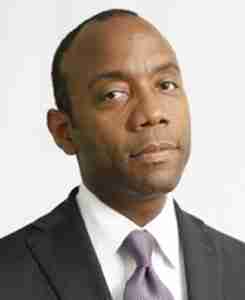LAS VEGAS (AP) — Civil rights leaders at the NAACP annual convention in Las Vegas on Tuesday worried that dwindling African-American turnout in November could lead to the expansion of voter-identification laws that make it harder for their community to vote in subsequent contests.
In 2012, blacks turned out at a higher rate than whites for what is believed to be the first time in American history and helped re-elect President Barack Obama. But, in the prior midterm election, in 2010, blacks turned out at a much lower rate and Republicans won control of the House of Representatives and many state and local offices.
Jotaka Eaddy, the NAACP’s voting rights director, told a panel on black turnout and voter suppression that “as a result we saw a wave of voter-suppression laws.” Eaddy said 22 states passed laws stiffening requirements on the identification needed to vote, a move that disproportionately affects poor and minority voters.
Added the Rev. William Barber, an NAACP board member, “We’re in a position to have 2010 all over again unless we do something about it.”
Polls have shown that Democrats, including most black voters, are far less enthusiastic about the coming midterm elections than Republicans, who could win control of the U.S. Senate. Obama has said that Democrats have to learn to mobilize voters in non-presidential elections.
One way blacks have been motivated is by warnings of Republican attempts to limit their ability to vote. Republicans say they are only trying to stamp out voter fraud but Democrats have highlighted the efforts to mobilize black voters. That effort continued Tuesday as speakers noted that the upcoming election will occur as the Voting Rights Act has, in their view, been gutted by a 2013 U.S. Supreme Court ruling.
NAACP President Cornell William Brooks said in an interview that because turnout generally drops among all groups in midterm elections, each vote has an even bigger impact, making voter protections more critical.
“Off-year elections only emphasize the degree to which we need a full and robust Voting Rights Act,” Brooks said.













No Comment